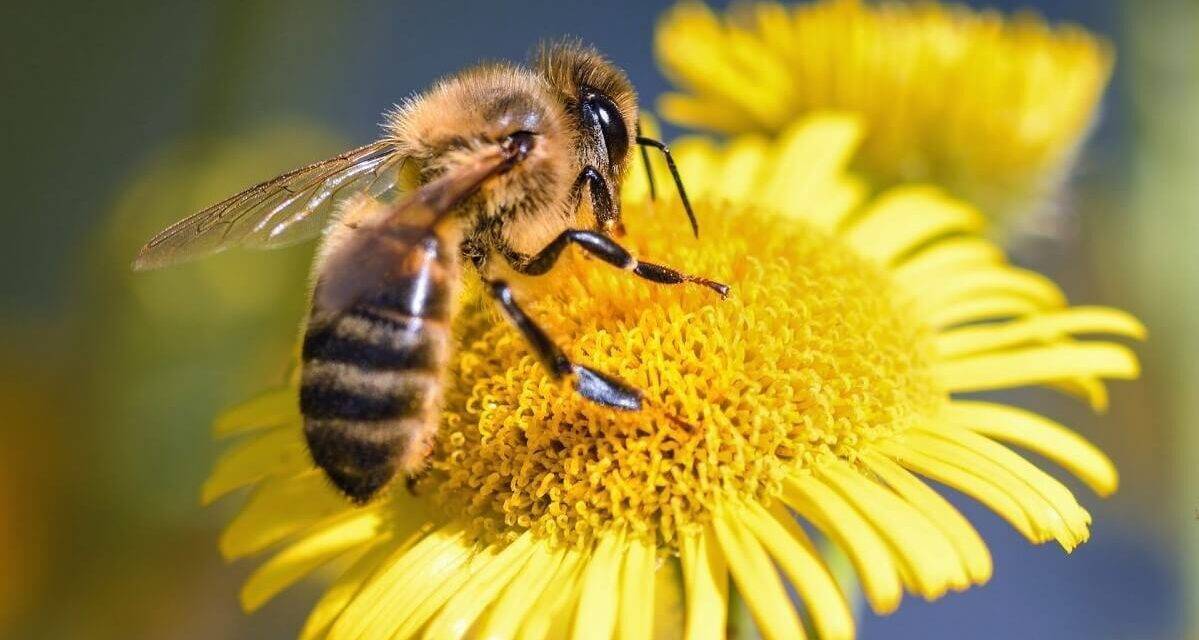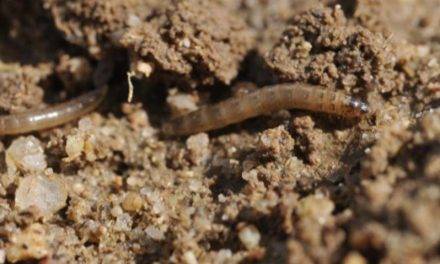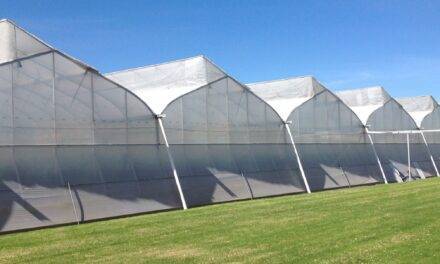
Neonicotinoids is harmful to bees even when applied well below the label rate

Neonicotinoids is harmful to bees even when applied well below the label rate and the plant receives high levels of irrigation
Jules Bernstein, University of California Riverside
A new study shows that neonicotinoids made for commercial plant nurseries is harmful to a typical bee even when applied well below the label rate and the plant receives high levels of irrigation
The study by University of California Riverside was published in the journal Proceedings of the Royal Society B: Biological Sciences.
Chemically similar to nicotine, neonicotinoids are insecticides that protect against plant-consuming insects like aphids, but seriously harm beneficial insects, like bees. They are widely used by commercial growers.
Much research has focused on their use in food crops like canola, in which they are typically applied at low doses. However, this study is one of the few to examine neonicotinoid application in potted ornamental plants, which can represent more potent, acute sources of exposure to the toxin for bees.
“Neonicotinoids are often used on food crops as a seed treatment,” explained UCR entomologist and lead study author Jacob Cecala. “But they’re usually applied in higher amounts to ornamental plants for aesthetic reasons. The effects are deadly no matter how much the plants are watered.”
Cecala said he was surprised by this result, given that neonicotinoids are water soluble. Going into the study, he assumed that more water would dilute the amount of harm they caused the bees. The researchers were also curious whether increased watering could benefit bees despite insecticide exposure by increasing the quantity or quality of nectar offered by the plants.
To test these assumptions, the researchers raised bees on flowering native plants in pots that either received a lot of watering, or a little. Plants were selected based on their popularity at nurseries, drought tolerance to ensure blooming even without much water, and their attractiveness to bees. In addition, half the plants were treated with the insecticide.
Though increased water decreased the pesticide’s potency in the nectar of the flowers, the negative effects on bees were still observed.
Source and full text
Study shows common insecticide harmful to bees in any amount
Picture by Animalgourmet



















